
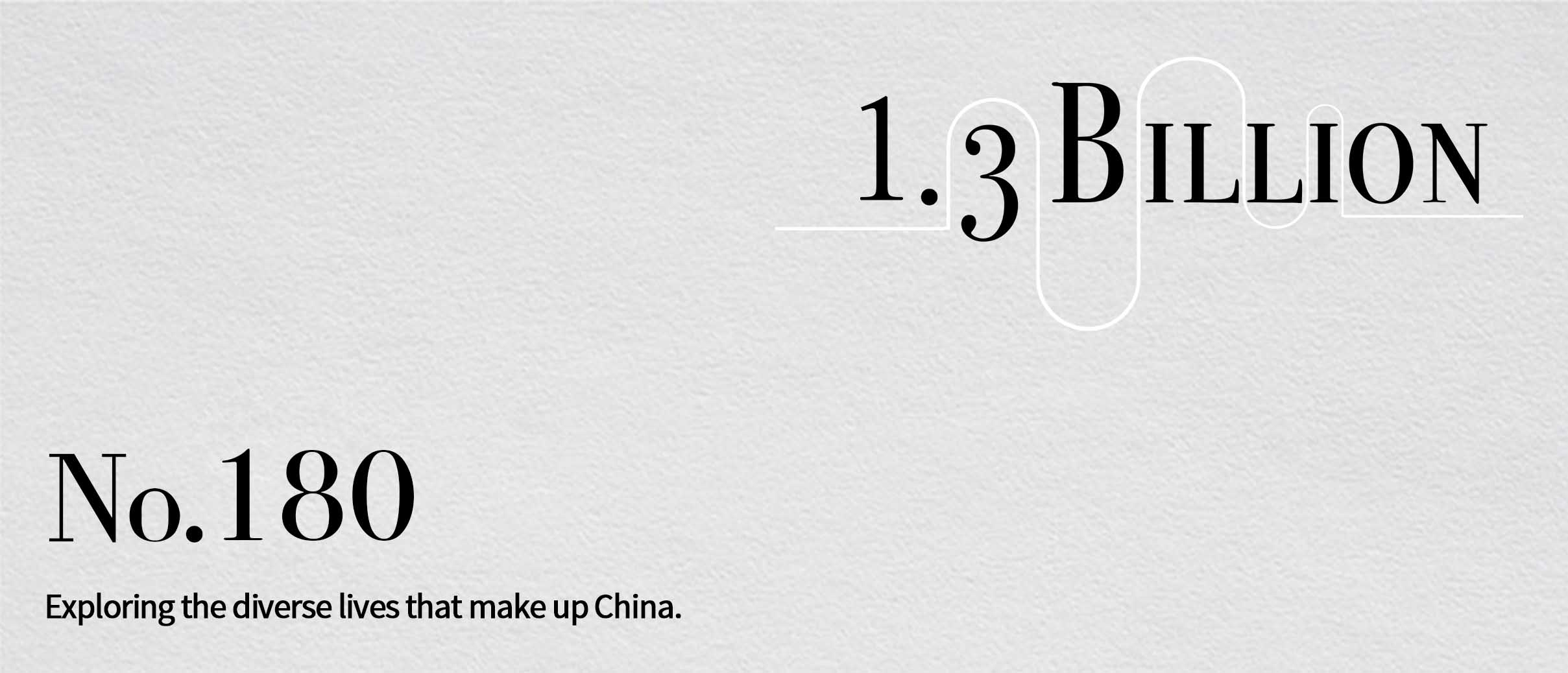
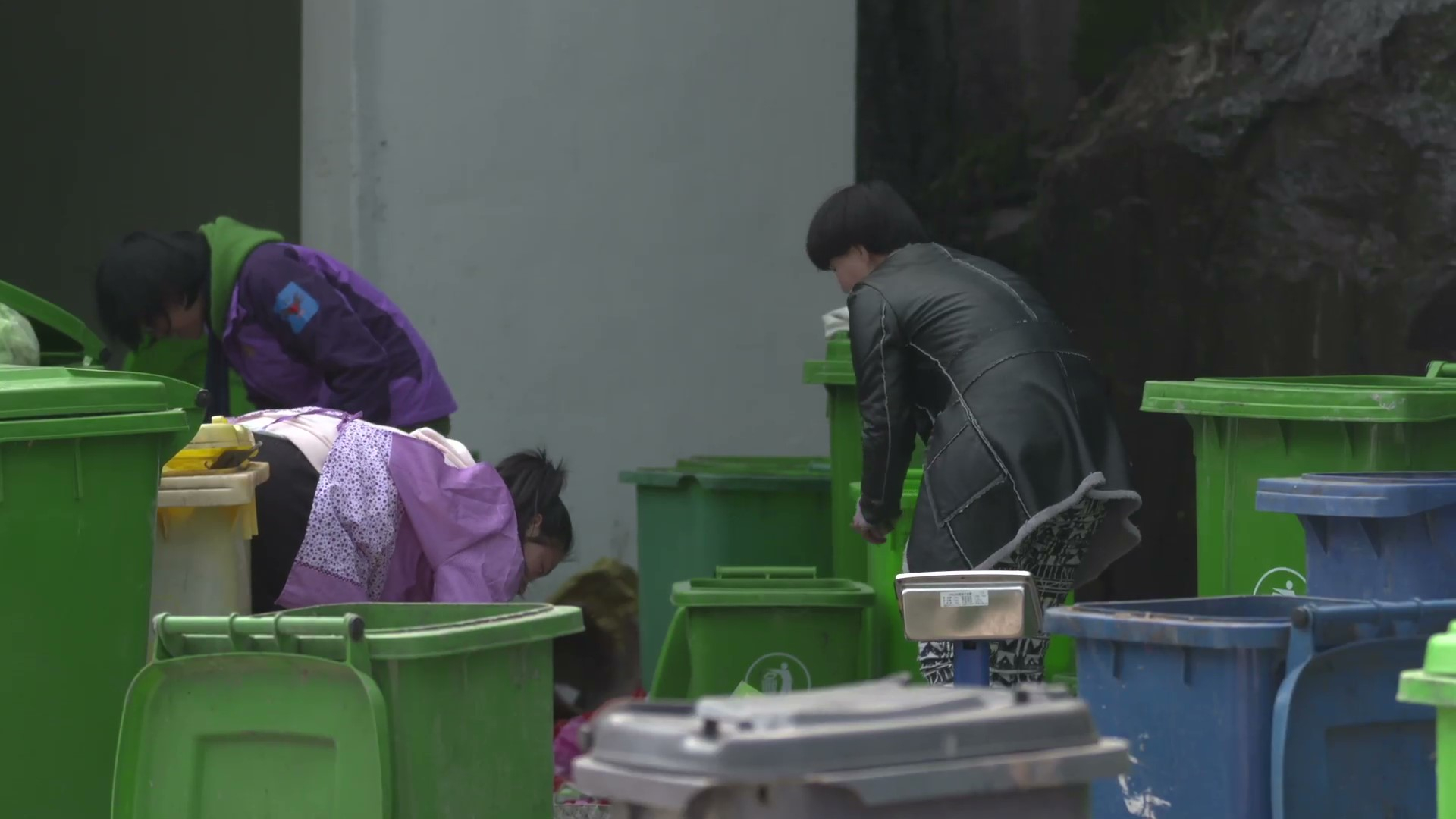
Chen Liwen still remembers the place she grew up in.
“In the rural areas of the early 1980s, there wasn't much pollution,” she says. “It wasn't called garbage, but just something we didn't want. Like fruit peels and vegetable leaves. They grow from the ground and so should be returned to the soil.”
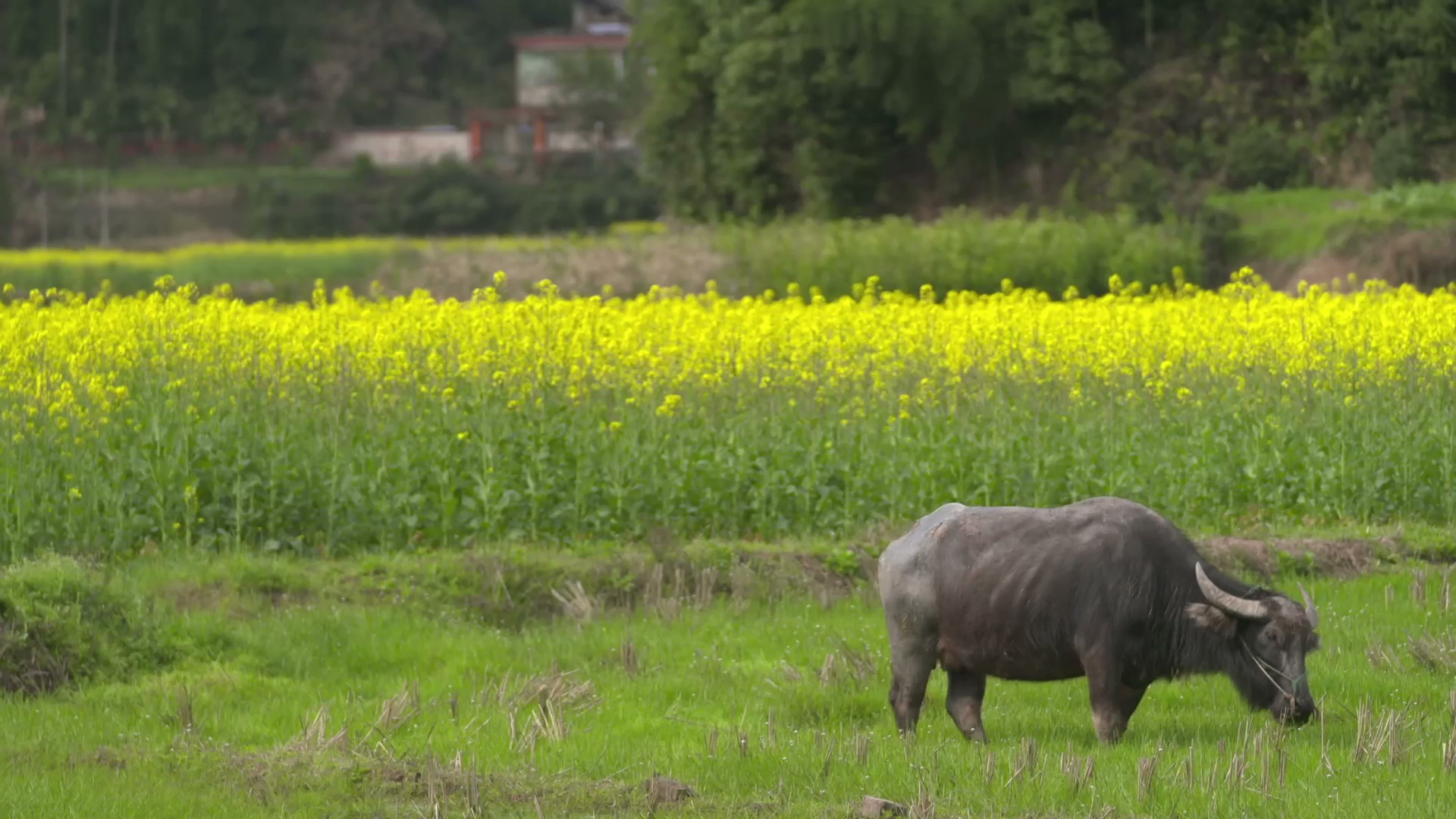
CGTN Photo
However, as society developed, more chemical products were produced and they can't be naturally recycled. During that long period, people mixed everything together during the collecting and processing phase. “I've seen the views of landfills and waste incineration. The stench of the wastewater from the landfills was totally unforgettable.”
And everything people emit ended up going back in their food chain.
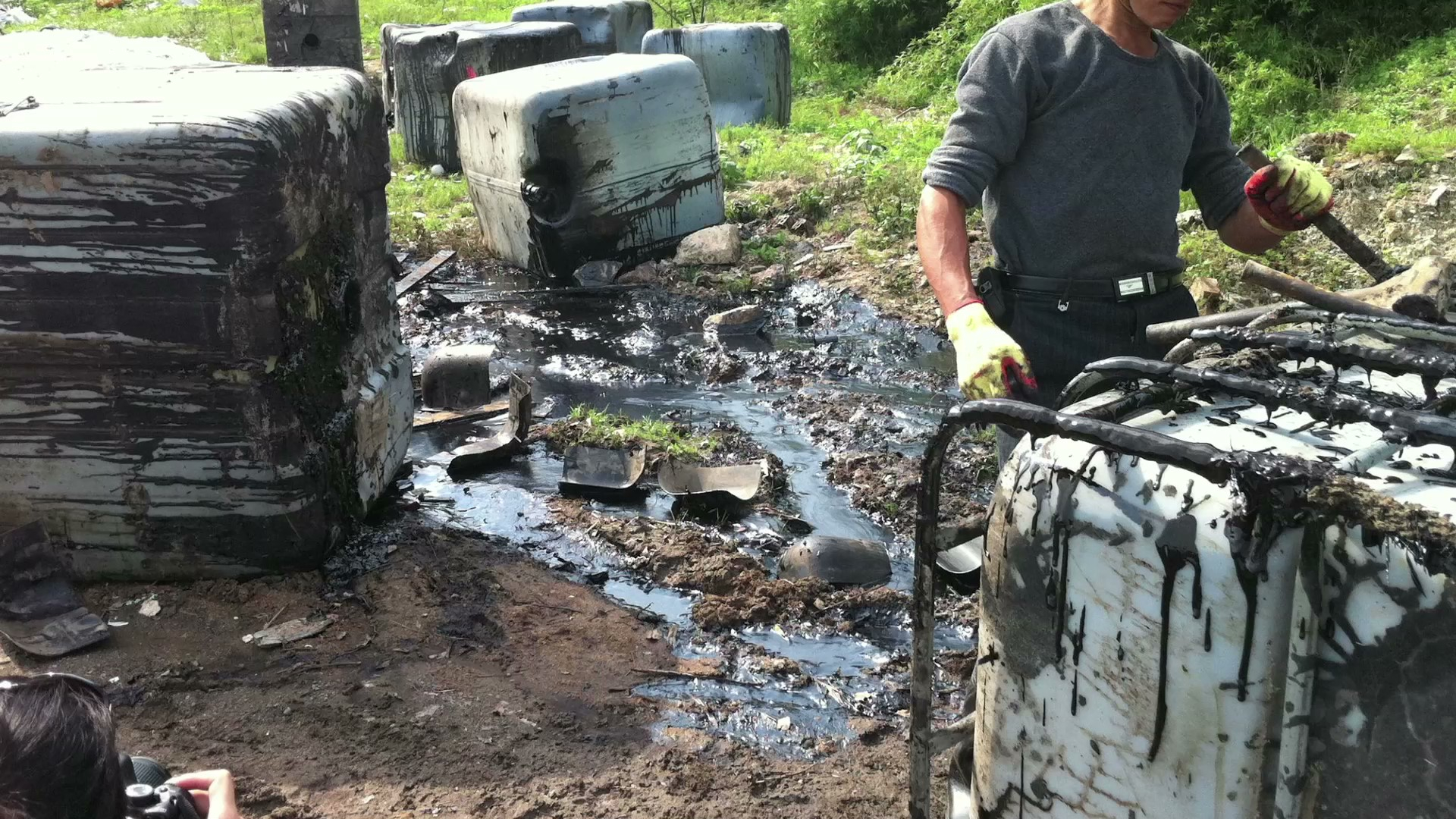
CGTN Photo
Having witnessed all this, Chen began to focus on garbage sorting in 2006. She researched the history of China’s waste sorting and recycling at the Memorial University of Newfoundland in Canada and the University of Southern California in the U.S. In 2017, she went back to China and started garbage sorting projects in pilot villages, devoting herself to promoting a zero-waste lifestyle.
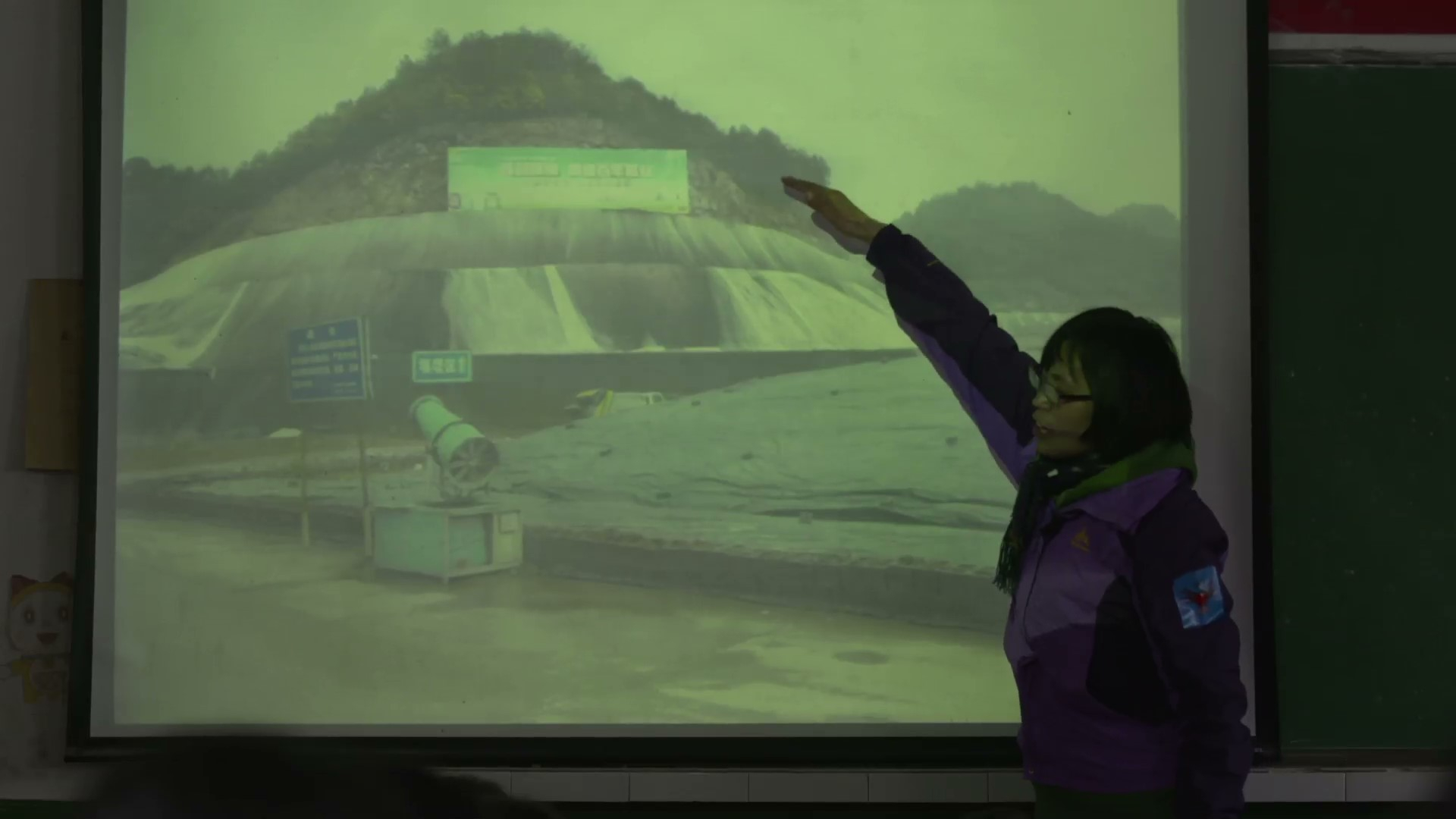
CGTN Photo
Every day, Chen collects garbage from every household in her village with volunteers. More than 50 percent of the garbage in the rural area is kitchen waste. They can be made into compost for recycling, which greatly relieves the later process. Chen also came up with specific plans to persuade local committees to set up their own garbage sorting systems.
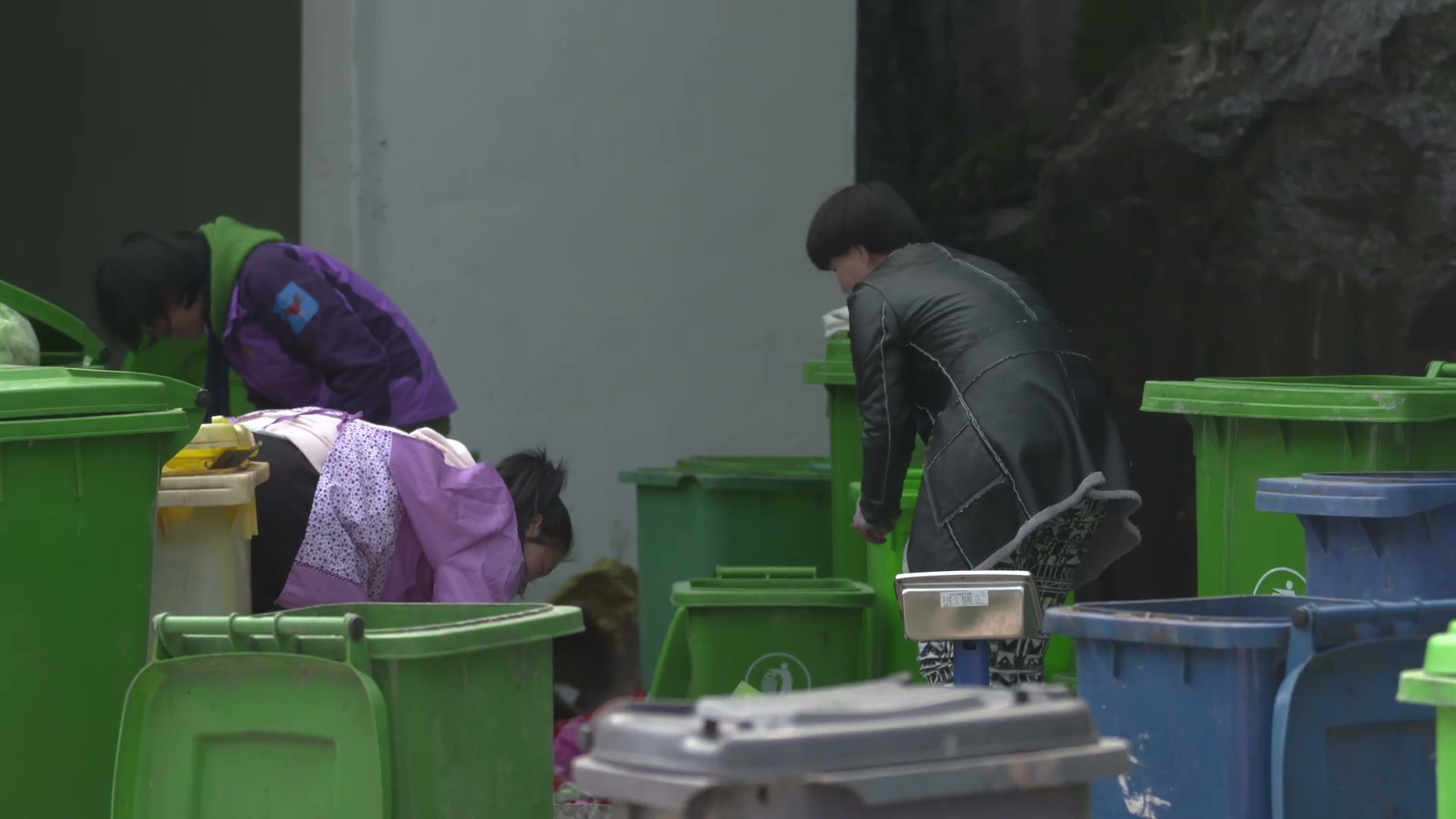
CGTN Photo
There’s no shortcut to promoting garbage sorting except for talking with them one household after another. “If someone sorts them wrong, you may have to tell them when they are at home. We have to take notes if they're out,” says Chen. “It usually takes about three times for a family to get a hold of waste sorting.”
In 2017, in one of the pilot villages, 99 percent of the households took part in garbage sorting and reduced the amount of rubbish that needed to be processed by 80 percent.

Copyright © 2018 CGTN. Beijing ICP prepared NO.16065310-3
Copyright © 2018 CGTN. Beijing ICP prepared NO.16065310-3